
Product information
Weinbach Grand Cru Schlossberg Riesling 2022
Riesling from France, Alsace
$234
Description
“The 2022 Riesling Schlossberg Grand Cru blends its reductive, flinty smokiness with lemon zest on the nose. With more air, white and yellow peach start smiling through and get stronger and juicier on the palate. The pale peach juiciness appears in full purity on the palate, framed with a pleasantly astringent pithiness that makes the mouth water. More peach and fruit and in freshness are just within reach. The finish is shorter than usual but bone-dry. This is a picture of stone.”
Anne Krebiehl MW, Vinous 94 Points SP 98
In stock
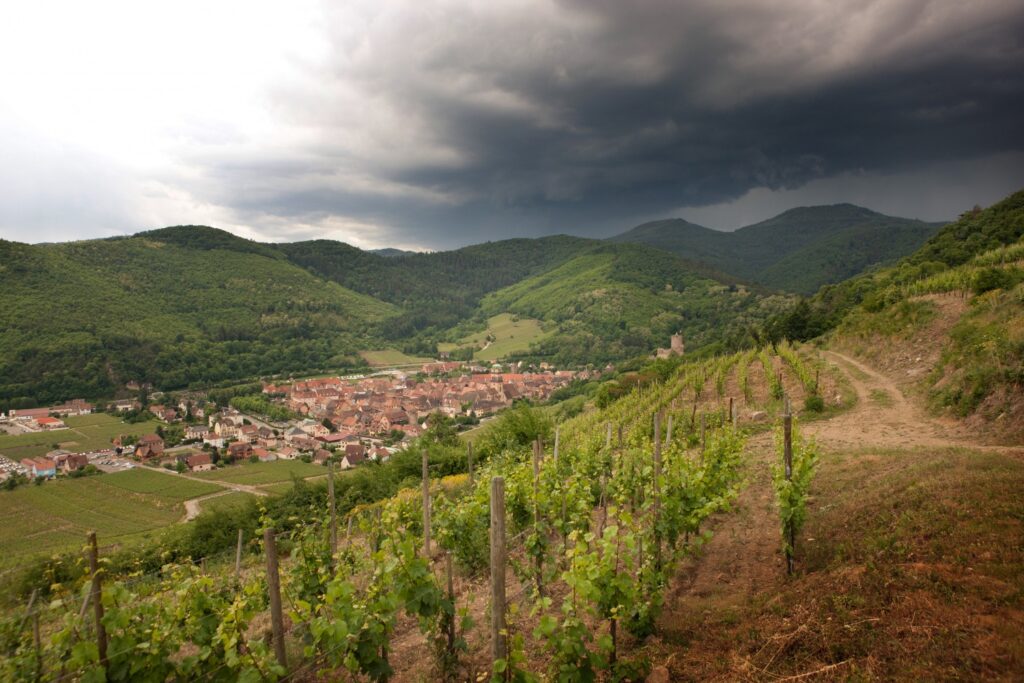
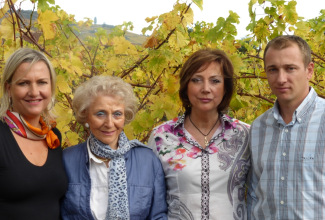



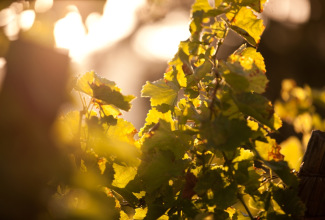
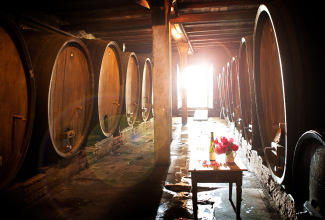
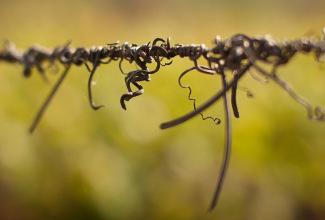
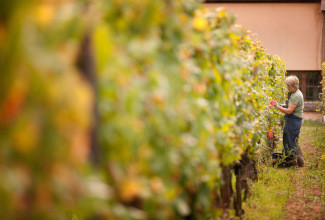
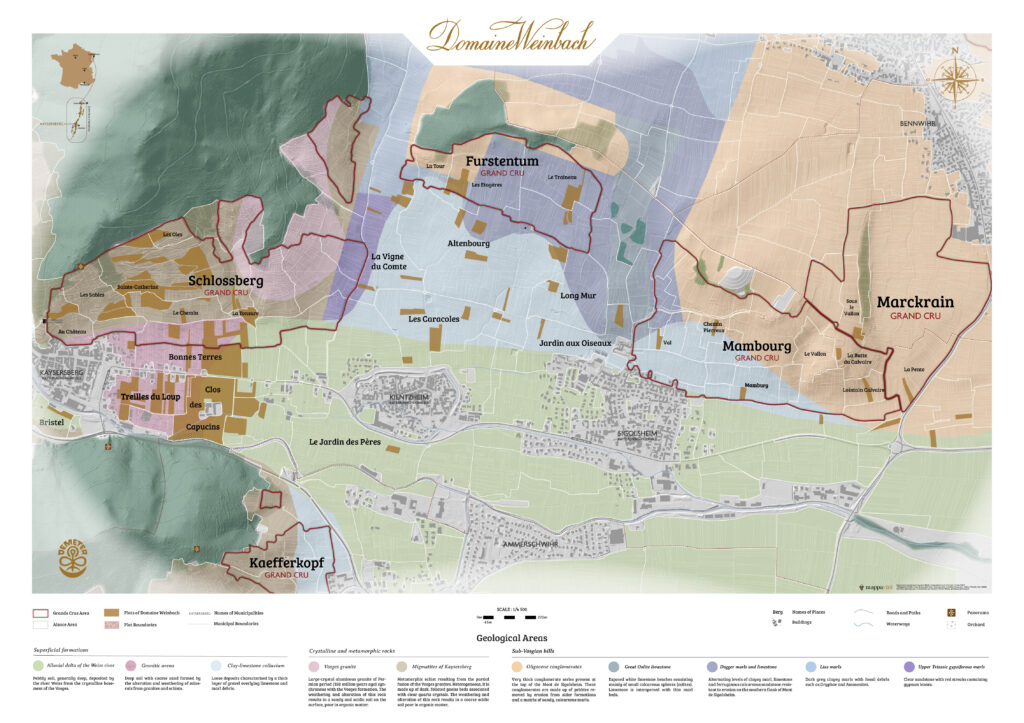
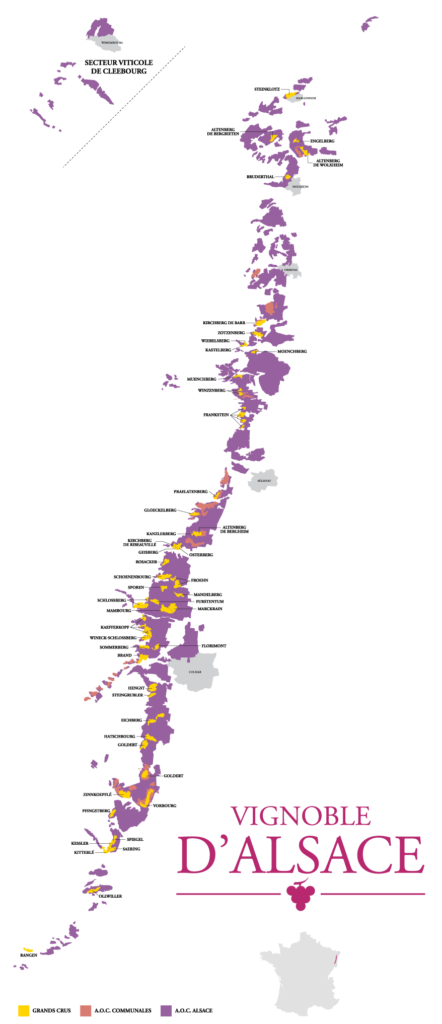
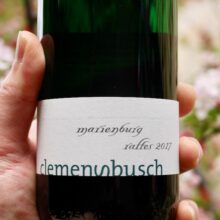
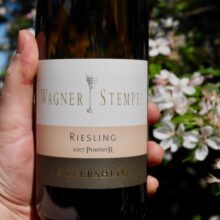
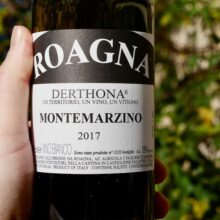
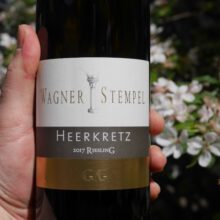
You must be logged in to post a comment.